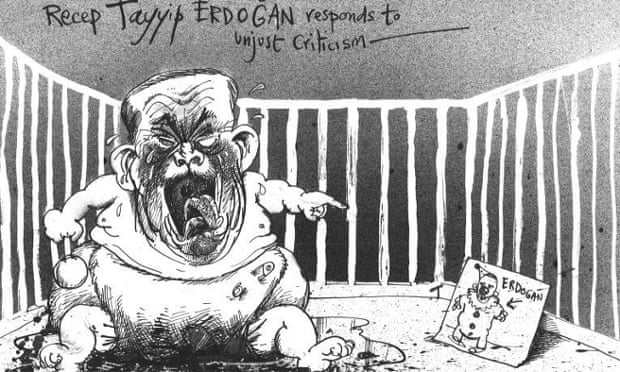 | |
| Bouterse, Suriname's President stops his own murder trial |
Bouterse instructed Suriname's attorney general to immediately halt proceedings against him, invoking an article of the constitution that allows the president to issue such an order in the interests of national security.
The action follows a June court ruling that invalidated an amnesty law pushed through parliament by Bouterse's supporters after he was elected president. The court ordered the resumption of the trial against him and 24 co-defendants.
Since then, the political mood has been tense amid expectations that the president would seek to prevent the case from moving forward. Bouterse had said the trial poses a danger to the internal security of the country, which is struggling through a recession because of the sharp drop in commodity prices.
Justice Minister Jennifer Van Dijk-Silos confirmed that the government had invoked Article 148 of Suriname's constitution in the matter but declined to discuss the decision.
Bouterse said little as he entered and left a closed session of parliament. "Every decision has its advantages and disadvantages," he said, without providing details.
A court session in the case was scheduled for Thursday but it was not immediately clear how the judges would react to the government's action.
"We are shocked, not only because of the president's decision, but also because it was unanimously backed by the entire government," said Eddy Wijngaarde, whose brother, Frank, was among those killed by the regime. "We had hoped at least some ministers would have refused to back the president's latest attempt to make the trial impossible."
Bouterse and 24 allies from his time as a military dictator in the 1980s avoided trial until November 2007 on charges stemming from the execution of the 15 prominent political opponents, an event known locally as the "December killings" that stunned the lightly populated nation on the northern tip of South America.
The former strongman returned to power in 2010 when he was elected president by parliament. Two years later, lawmakers passed an amnesty law and court proceedings were put on hold in a decision that outraged human rights activists.
Bouterse, who was re-elected by parliament last year, has accepted what he calls "political responsibility" for the military's killing of the 15 well-known journalists, lawyers and union leaders but said he was not present when the executions took place. Witnesses in the trial have disputed that claim.
Read more: Suriname president acts to again avoid trial in 1982 deaths - Houston Chronicle
















